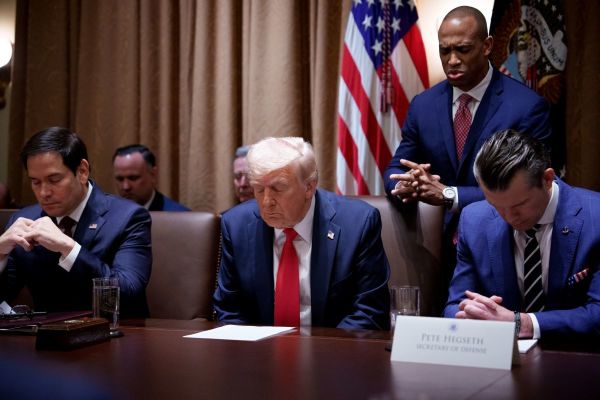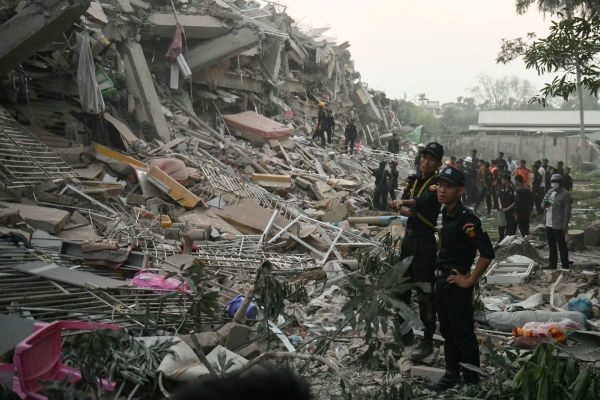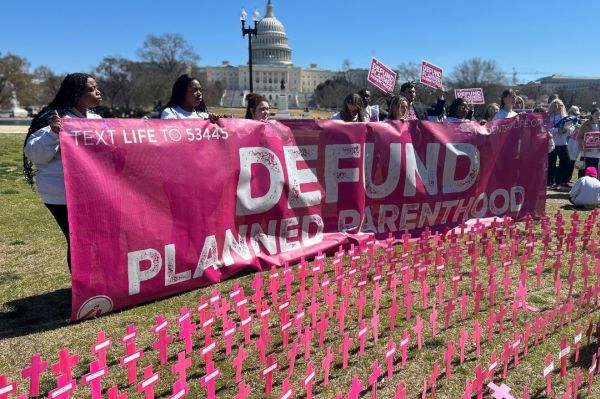Wisconsin, Once Safe for Obama, Now Up for Grabs
Wisconsin, considered a centerpiece of any of the multiple paths to re-election for President Obama, is now up for grabs.
By all political standards, the upper Midwestern state that President Obama won by 14 percentage points in 2008 was considered a "blue," or Democrat-leaning, state in part due to the state's strong union presence. But that is quickly changing.
The issue that has brought Wisconsin to the political epicenter of national politics is the recall election of Republican Gov. Scott Walker, which is a result of his willingness to challenge the state's public-sector unions by letting cities and school districts decide on whether to engage in wage negotiations, also known as collective bargaining. Walker was also successful in his efforts to get union employees to pay for a portion of their insurance – much like most private sector employees do.
But unions gathered enough signatures to force a recall election for Walker and six state senators whose races were voted on in August of 2011. Democrats won two of the six races but needed three to reclaim a majority in the state senate.
Yet the Walker recall vote is no longer simply an internal disagreement over union issues as it is a warm-up race that would predict how voters will respond to President Obama in November.
Ed Rendell, who previously served as Pennsylvania governor and is the former chairman of the Democratic National Committee, feels the Wisconsin recall vote was not a good idea.
"Don't get an election that's divisive, that may have an influence on the presidential election," he told MSNBC last week. "We made a mistake doing that."
In the past few weeks, millions of dollars from individuals and groups nationwide have found their way into the state in hopes of giving one party the edge going into the dog-days to summer campaigning. One watchdog group estimates that over $60 million has been spent so far by outside groups or the candidates themselves.
But what is most interesting is that President Obama, who was in Iowa, Minnesota and Illinois last week, avoided crossing the state line to help Walker's Democrat opponent, Milwaukee Mayor Tom Barrett. Even progressive columnist Noah Rothman suggested that if the recall election fails, the blame could be placed squarely on the shoulders of Obama.
"President Obama has abandoned that fight, noting correctly that it is not likely to be won," Rothman wrote. "But progressive pundits . . . are right – this is not just another election. . . . It is a fight with broad implications that President Obama has abandoned. The question now becomes, can they [progressives] forgive this betrayal ahead of a tough election in the fall?"
The question remains is what happens to President Obama if Walker wins?
Wisconsin has not voted for a Republican since Ronald Reagan in 1984 and Obama's large margin of victory in 2008 made it a Democratic stronghold. But a GOP victory would have as much of a psychological impact by possibly reducing voter turnout while leaving GOP nominee Mitt Romney with an intact network of volunteers eager to mobilize voters in November.
More importantly, it would demonstrate that unions – specifically public unions – may not be able to deliver the amount of votes Obama needs to win some key battleground states such as Ohio, West Virginia and Wisconsin.
Although some polls show the election as a toss-up, most political pundits are predicting that Walker will win by a five to seven point margin.






















